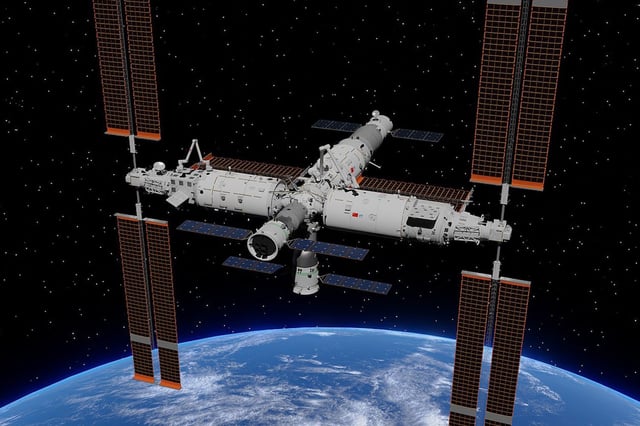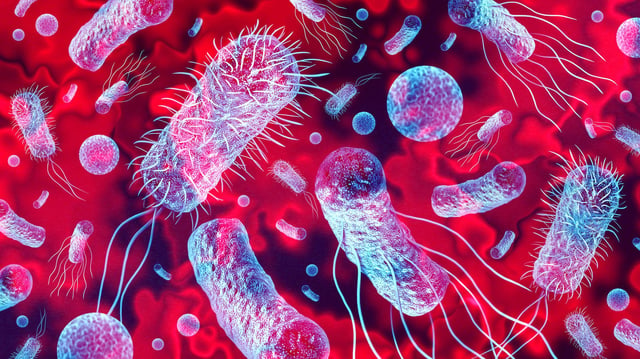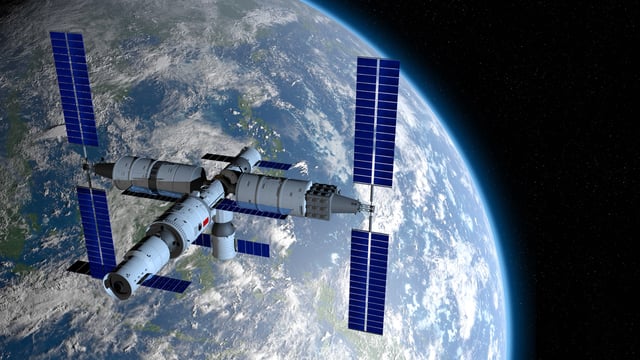Overview
- Niallia tiangongensis, a previously unknown bacterial strain, was discovered aboard the Tiangong space station during microbiome monitoring efforts by Chinese researchers.
- Genomic analysis confirms the microbe belongs to the genus Niallia but is genetically distinct from Earth-based relatives, showcasing unique evolutionary traits.
- The bacterium demonstrates resilience to radiation damage, oxidative stress, and can form protective biofilms, aiding survival in the harsh conditions of space.
- Researchers are investigating whether the microbe poses any health risks to astronauts, though no immediate threats have been confirmed.
- The discovery highlights the importance of monitoring microbial dynamics in space habitats and has implications for long-term missions, biosecurity, and planetary protection protocols.



